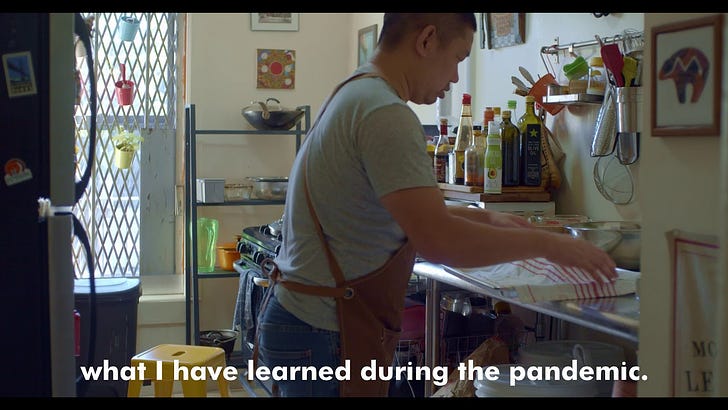St. Lenox: Ten Songs of Worship and Praise for Our Tumultuous Times. (Don Giovanni Records). You're out of gas, out of money, out of food, no GPS, no map, beyond hope. You walk five miles on aching feet with holes in your shoes to an almost empty rural church. There is one man at the lectern, and he is reciting psalms you've never heard in a sing-song voice that sometimes shakes you like a punch in the gut. He elongates syllables at the end of lines like an ecumenical cantor with a beautiful voice reading from the Torah, or a mellifluous clergyman making up his own gospel based on King James.
This more than slightly hip and self-aware preacher is Korean-American musician and lawyer Andrew Choi, who performs as St. Lenox. He not only asks the big questions: life and death and afterlife, the quest for meaning, the existence or not of god, whether religion has a purpose, whether his father was wise after all, whether he and his husband will make good parents...he also offers …
Keep reading with a 7-day free trial
Subscribe to Critical Conditions by Wayne Robins to keep reading this post and get 7 days of free access to the full post archives.



